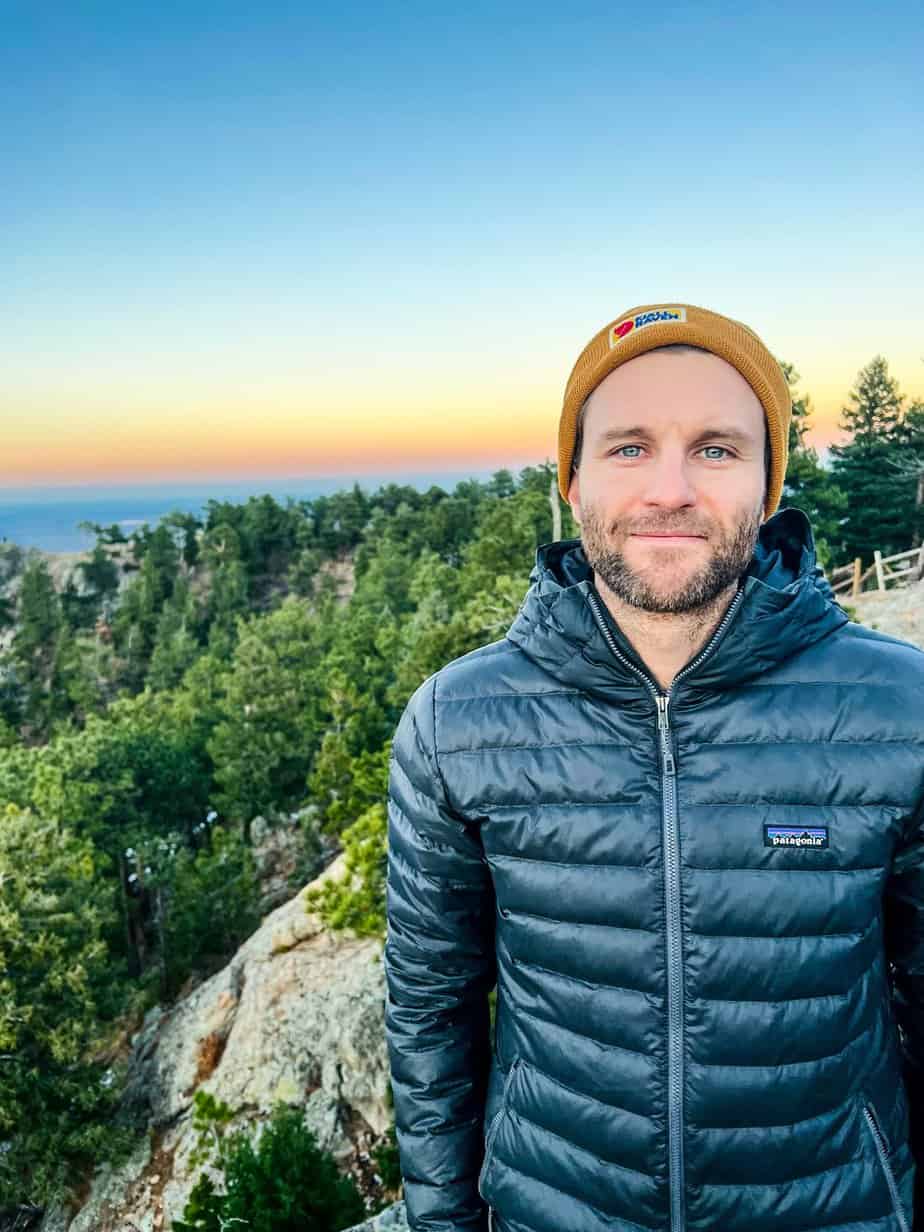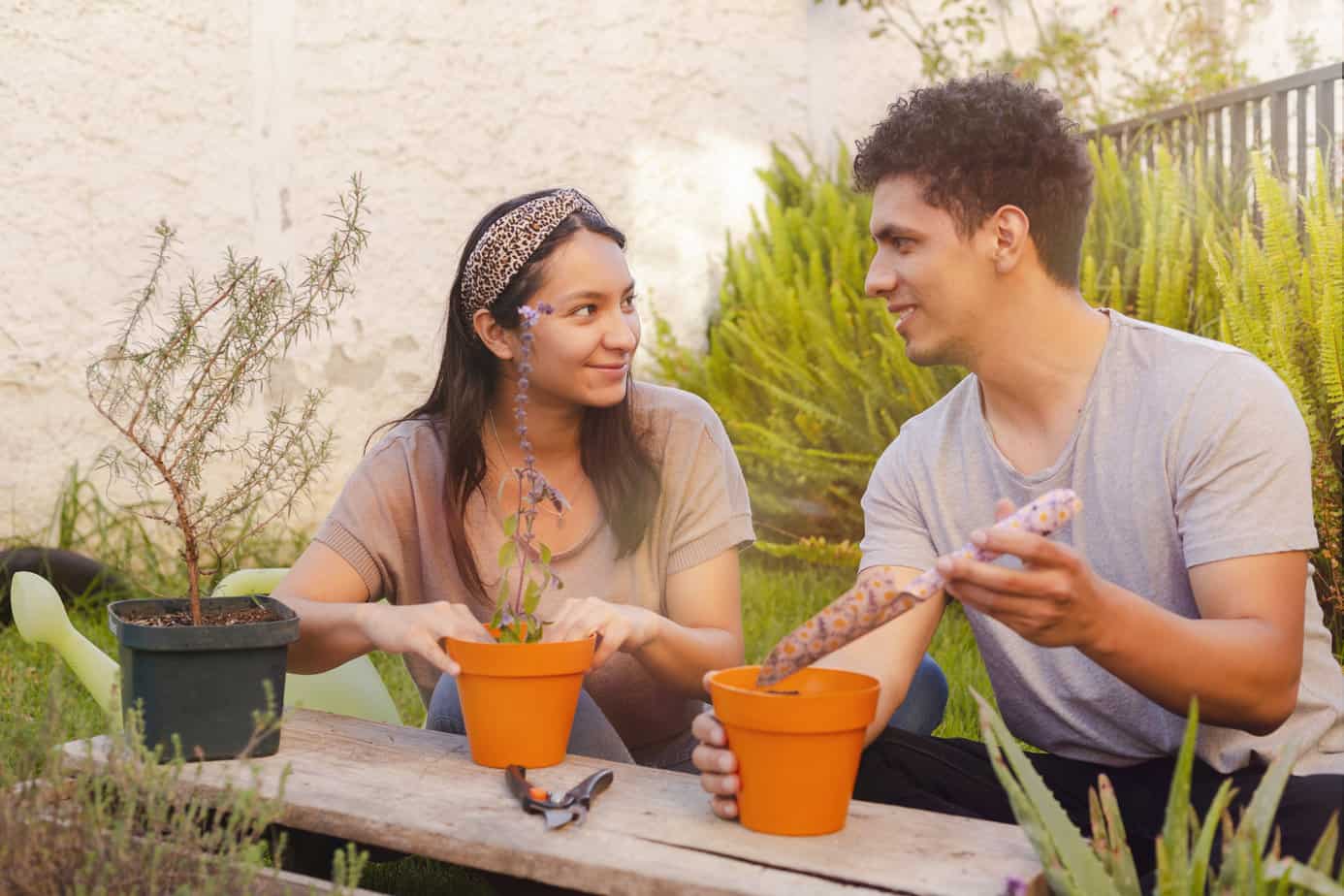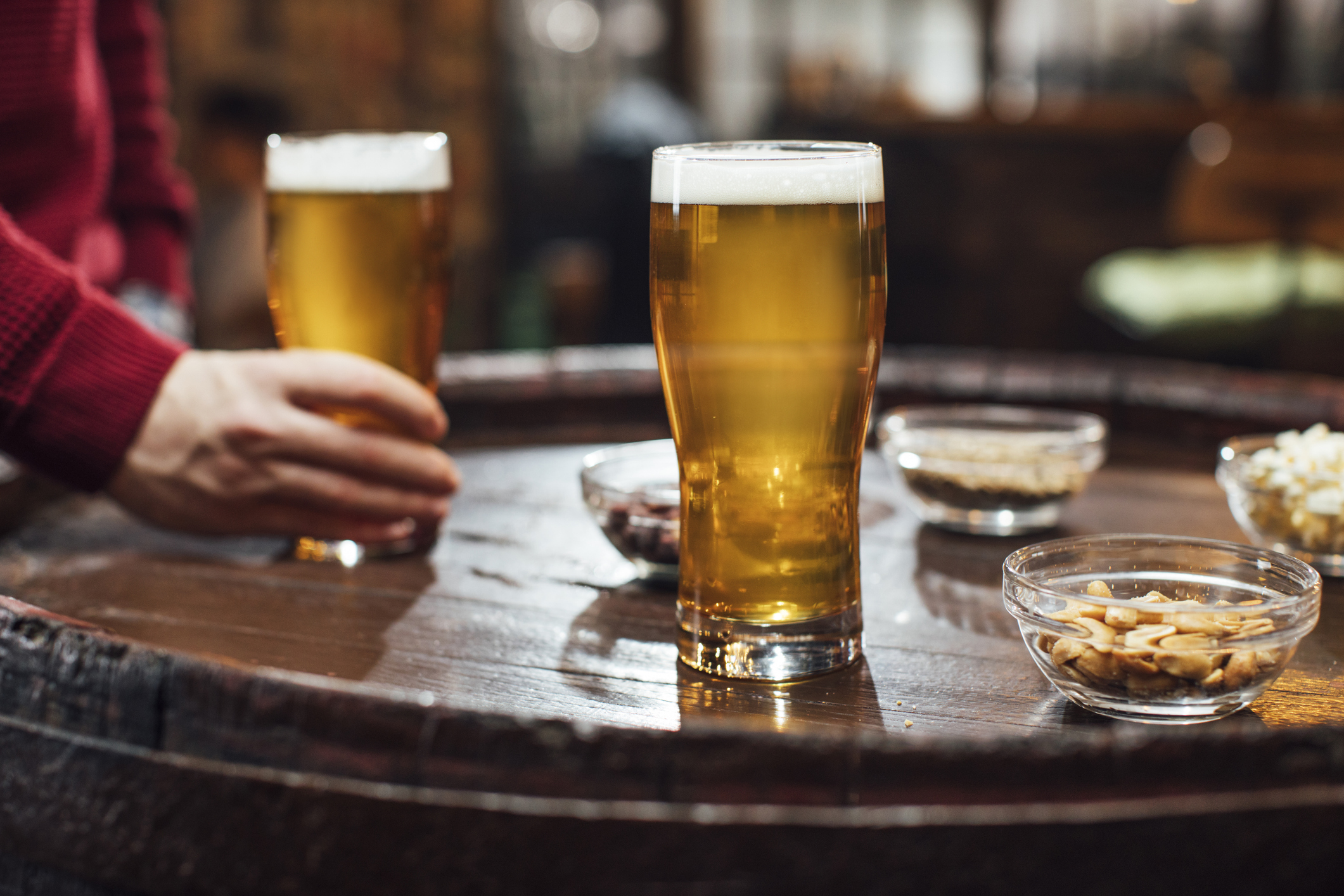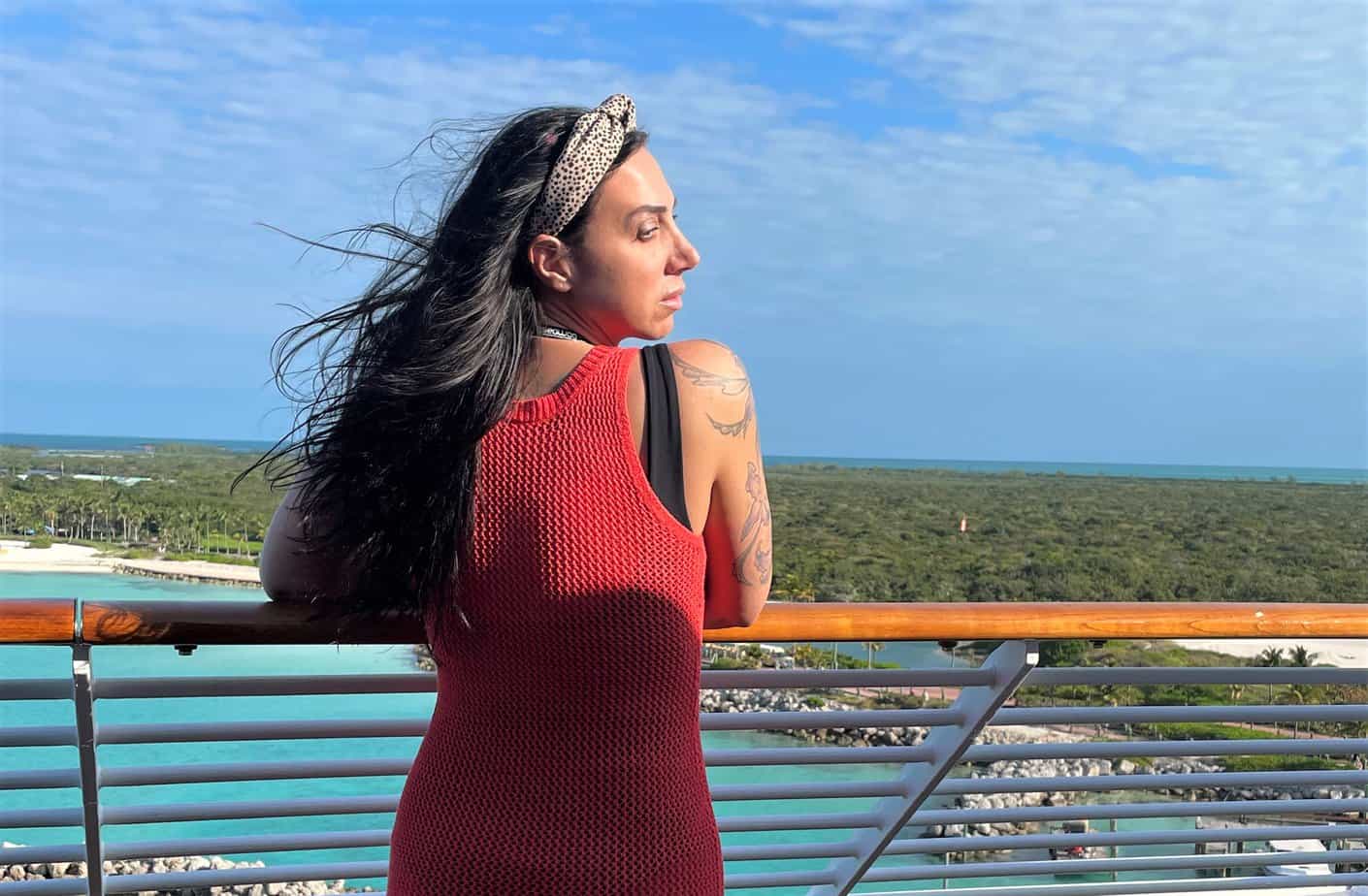- Sobriety Date: December 12, 2012
- Adventurer
- Nature Lover
- Athlete
Nik K. is a thrill-seeker, competing in cycling and running races, and always looking for his next challenge. But it wasn’t always this way. Learn about Nik’s struggle with alcoholism and how
Transcript
Nik has done it all. He’s running across the Grand Canyon, competed in several Ironman races, and biked through Europe. He also recently celebrated 10 years of sobriety. Nik’s life in recovery looks a lot different than it did over a decade ago, but it wasn’t easy to get there. Listen to Nik’s story about his struggle with alcoholism and how Mountainside led him to recovery.
Gosh, going back I kind of had a normal experience through high school and college. You know, I definitely was partying but it really didn’t feel like a lack of control. After college in my early 20s, that’s when things really started to shift. Whether it was just a lack of knowing where I was going or a period of depression. Drinking for me just really took a turn where it would get out of control. And I wasn’t sure what was going on. And then, really from like 22 until I walked into Mountainside, I progressed from just binge drinking to, I mean drinking before work, withdrawing really badly, going on multi-day blackout benders.
And I had one, I was off to the races and you know, just had a lot of denial. I was trying to follow the classic case of trying to figure out the way to get back. Finally, a series of events led up to me being too ashamed to ask for help, but knowing I was completely out of control and just kind of deciding I was going to go out one last time. Like super hard. Then, I kinda wound up—my boss at work found me in the bathroom. Like on the floor passed out and I spilled my guts. I told him everything and we called my dad and told him everything. And you know I said I needed help. So, it was just four years of really bouncing off the bottom, trying to figure it out, and I decided I needed to ask for help and kind of surrender at that moment.
I was really ashamed and didn’t know that much about addiction. I definitely had a skewed view of it. I saw alcoholism as kind of a failure to not have that control and so I really tried to keep everything a secret.
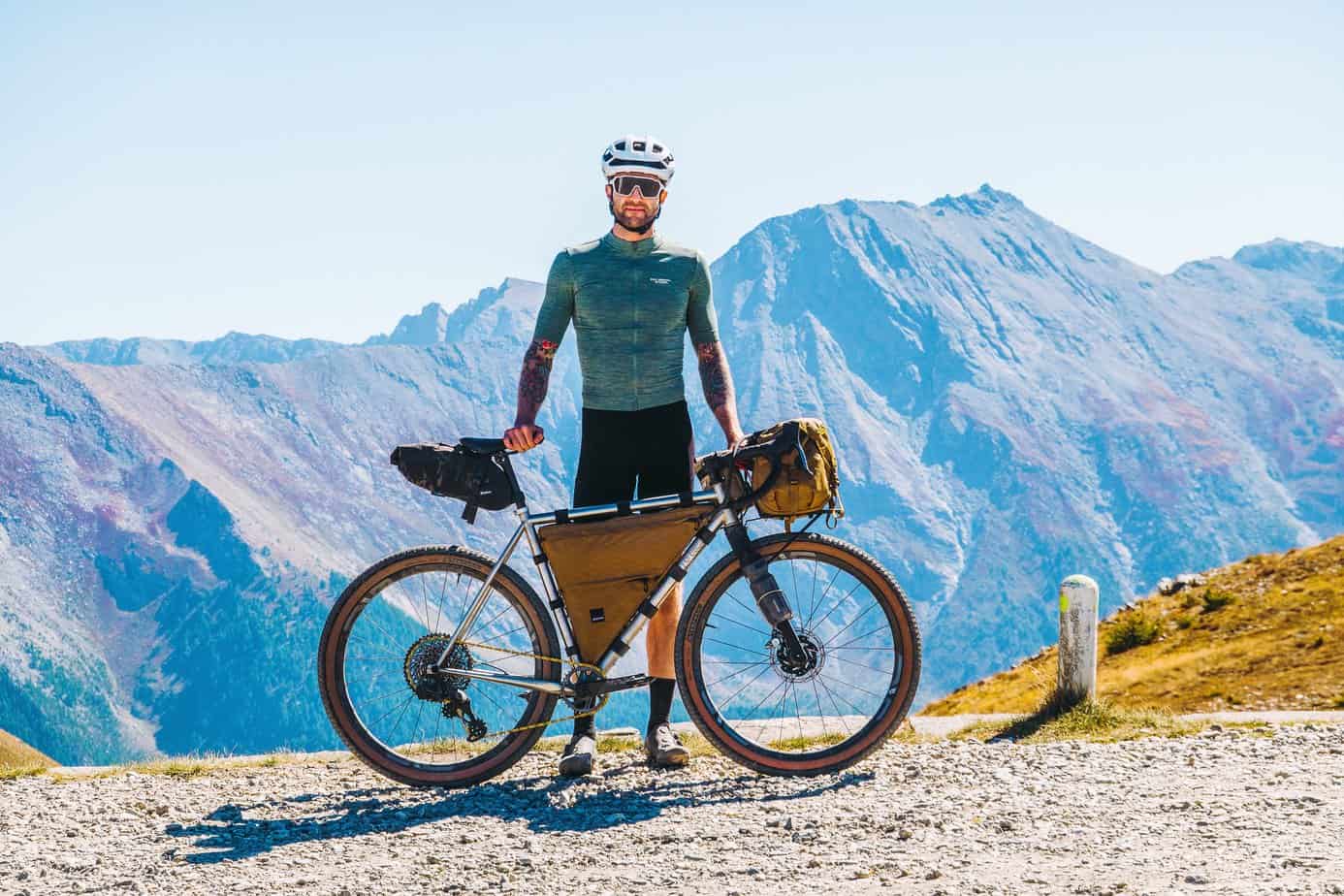
I was very much like an isolated kind of binge drinker. I did everything in my power to try and make it seem like I had it together. The first person that really confronted me was my girlfriend at the time because she saw some things unraveling, especially when I was not out in public or at work. She was trying to work with me on ways I could stop or slow it down but she wasn’t really taking a hard stance. I think she was just trying to figure it out herself.
I don’t know how I kept it a secret or kept it away from the people around me as long as I did. But I definitely had come up with all kinds of ways to do it. You know, I wasn’t going home that much. I was only going home for the holidays and trying to hold it together during those time frames. It was a real personal battle for most of that time.
I remember walking into Mountainside like it was yesterday. My sobriety date is December 12th of 2012. I definitely like surrendered in the moment and I knew I didn’t want to live like that anymore. I was pretty sick. I was withdrawing all the time. My whole life had really gotten so consumed by either drinking or trying not to drink. Everything was just such a narrow kind of sad focus for me, and that was not how I had envisioned things being for my life. And so I didn’t really know what to expect.
I remember the first AA meeting I went to was in the dining hall and it was an open meeting. And I just remember everyone being so happy. And I was so miserable. And that was really uplifting for me. And then what I really held on to was like I immediately started to hear things I related to and was sort of forced out of that feeling that my problems were so unique. And no one understood. I remember feeling incredible about that and just thinking I found all these people I didn’t know were out there. Everyone here seems like they’re laughing and smiling.
This is not some place where you go to talk about how you crashed and burned. Life was going to go on and people were telling these really incredible stories. I had this feeling that I was a part of something for the first time in a really long time. One of my most regretful things about active addiction was the real pity party, you know? I have a pretty good life and a good family. I had all this stuff and I had found myself in this place where the world was out to get me and everybody didn’t understand. And I think getting into that like garden variety alcoholic kind of mindset was really positive for me. It got me out of that rut and I was like,
You need to be grateful and understand that a lot of other people are going through the same thing.
So kind of hearing your story and seeing this community was a game changer for me 100 percent. I think what was happening to me before I got to Mountainside was a mystery. I was like, “Why in the world can I not stop? Why?” Like it was all on me to figure out. I hadn’t read anything that described it. I didn’t have any context of recovery. And so, like reading restless, irritable, discontent, you know, going through the Big book and having everything that had happened to me written out to a T—
I just realized there’s no going back. I could choose to go back to that life, but I had learned something new. Like there’s either a solution or a very clear path I’ll go back down.
And so I had this realization. I was in my 20s, I didn’t have a family or kids. I was in this really amazing place where I could start new. I got offered to go back to the job I had in New York and I declined. I was like I gotta figure this out or there’s really no going back and starting this all over again. I decided to do phase four at Mountainside. I realized I just needed to commit and give this the time it needed. Afterward, I just went to meetings. And I knew that if I drank again it would all fall apart so quickly. I decided when I was there that I’m just gonna listen do everything they say and stay a little longer. Luckily, AA really spoke to me too.
Reading the big book described my spiritual condition and everything that would happen when I drank like so specifically and accurately like there was no denying that I needed to see what that was all about. When I left Mountainside, I stayed in the area. I knew it would be a decent place to live and I knew I could keep going to meetings that I was used to. Sunday was always such a bad day because I knew reality was gonna set in on Monday.
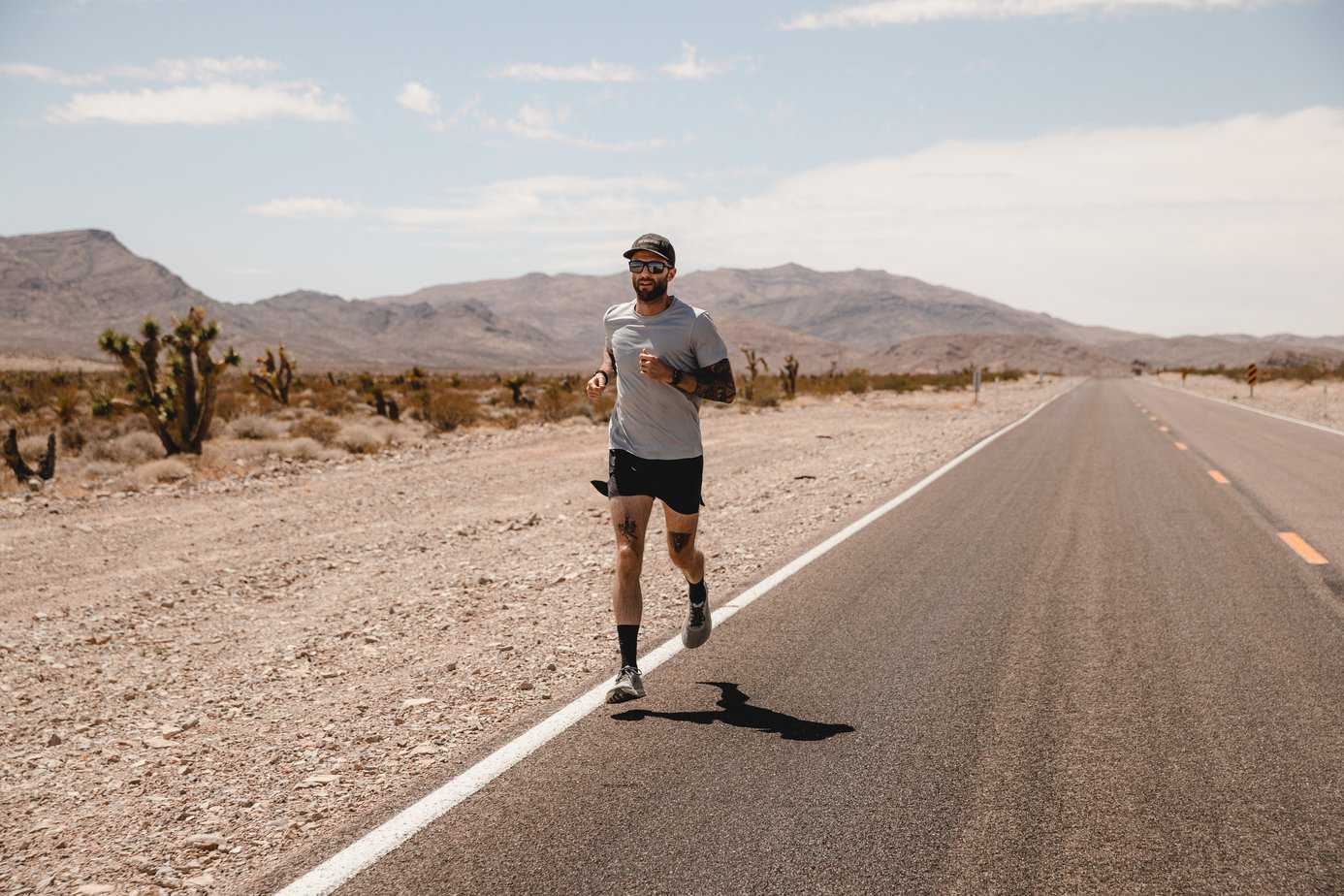
I remember the first huge craving I got on that first Sunday after I left Phase Four. It was just like just don’t pick up no matter what. Just don’t pick up no matter what. And also just calling somebody. Get back into the community. Whether it’s going to a meeting or calling somebody as quickly as you can or you know, doing it every day and then following through with the steps was really big. You’re pretty raw like you haven’t had time to think. David Goggins talks about “callousing” the mind, right? And like at that point you’ve been relying on something so heavily to deal with feelings and emotions.
The only thing I could do is let these feelings pass. They’re not gonna last forever. They’re not gonna last all day. They might be 10 minutes. They might be one minute.
You just gotta build the reps of getting through those feelings and using the tools that you have at your disposal. And then I think it was really important to finish the steps. So I moved to southern Connecticut a few months later and just immediately tried to follow the same thing, like go to a men’s meeting, find a community, and get a sponsor. And I finished the steps. That was through my first 18 months and in that time—my parents have been split up since I was little. So one side of my family was kind of dealing with this whole thing one way and one side was dealing with it a different way, and one side needed more time.
I think I waited a year before I made amends to my mom and stepdad. I went through the steps and that was hugely helpful for me. By the time they were ready to have that conversation, those relationships were kind of already mended properly. We’re extremely close to this day.
I counted my days until the first year. I had a big epiphany like a year and a day into sobriety. I was like I don’t need to count because this isn’t really a finish line, right? Like I’m glad I got my year coin. It’s a big accomplishment but it’s time to start thinking about this as less of a count of days and, you know, it’s really just a day at a time.
This is your life now and you do what you need to do to stay grateful and humble and understand that it can be gone in an instant.
There was this quote, “The man who loves to walk can walk a lot further than the man who walks to get to the destination.” Something along those lines. At first, it’s like whatever it takes not to pick up, like, just don’t, but then you also have to enjoy the process and not really think about the destination in recovery.
Ultimately, for me, the success has come from just enjoying my life. I can’t imagine my life any other way. I’m grateful that I don’t take a substance that impacts my mental health. I’m grateful to be sharp when I wake up in the morning. I’m grateful to have the community. I’m grateful that I can help people whenever they need it.
I’m really transparent about my alcoholism because everybody struggles with something. I found a lot of connections with people that aren’t in recovery, dealing with their own things and it all sounds so similar. It’s really not that different from people struggling with other things. It’s about finding joy in the new way of living your life and not thinking about how long you’ve been without without a drink or a drug.
I’m also a big fan of taking care of yourself physically, you know, sleep, diet, and exercise are a big part of my tools. The better I take care of myself, the less I struggle with the nuts and bolts of my recovery, which is just staying positive, and staying grateful. You know all that stuff to me is just easier when you’re able to check a couple of boxes. Don’t be really hard on yourself.
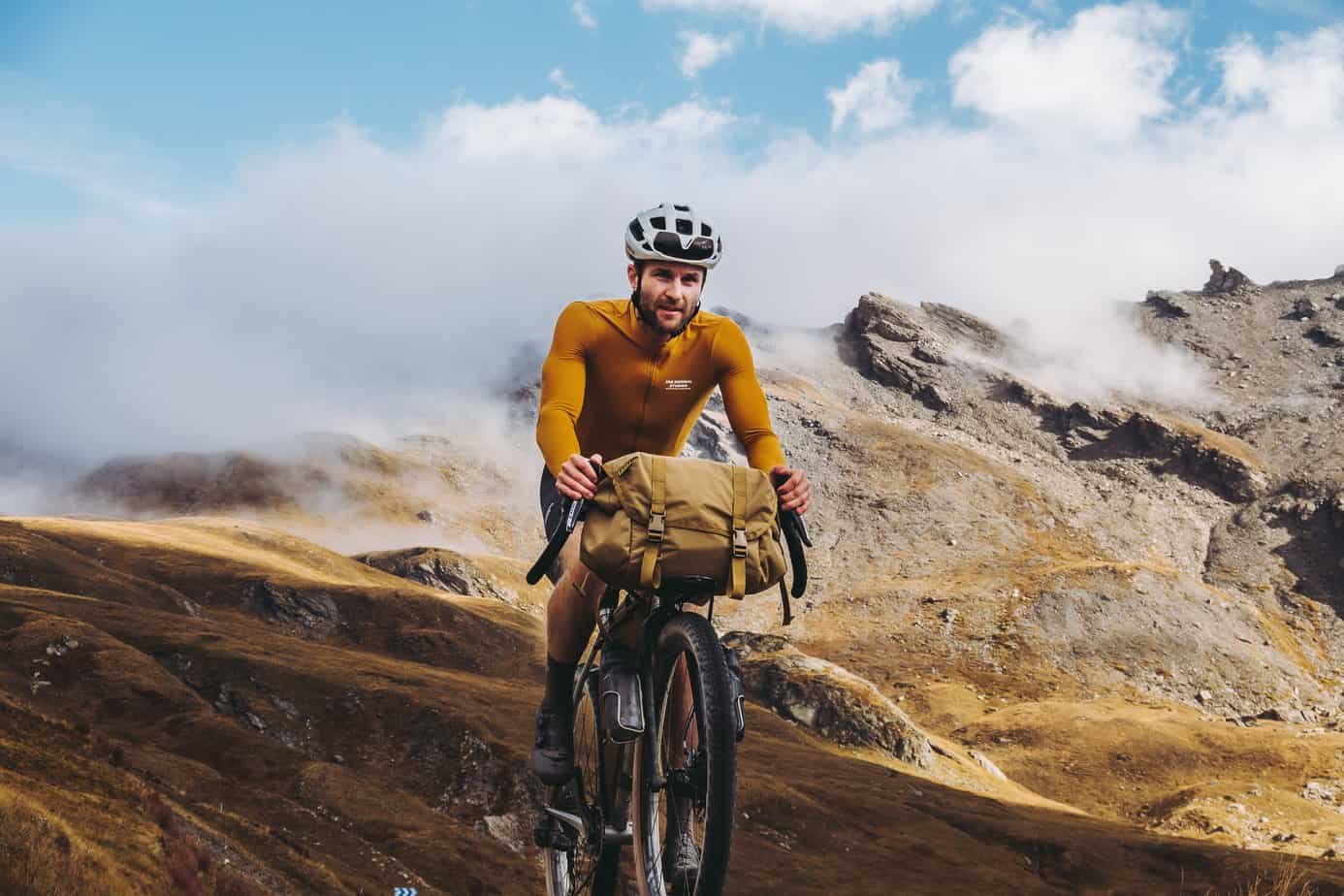
If you can get a good night’s sleep, eat well, move, or get outside—those things are immensely helpful to my overall mental health.
Actually, one of the things I promised myself when I was in Mountainside was to do an Iron Man. When I was in phase four, I was going to the Y and I would ride the stationary bike for as long as we could be there, or I’d run on the treadmill, or I’d swim in the pool. Actually, one of my first jobs in recovery was at a bike shop. I was really lucky to kind of learn a new trade. I was like a mechanic and a salesman and it was just a perfect kind of early recovery job for me.
I got to work with my hands and focus on training. Then, in 2013, I started doing half marathons and, in 2014, I did Ironman Lake Placid, which was like a huge milestone for me. That lifestyle just really stuck with me. After that, I got really into cycling. I actually just got back not that long ago from Europe. I rode from Torino, Italy to Nice, France. I’ve done some ultra runs.
You know, I just look for physical challenges. They are a great outlet for me. I think through the years I found a really healthy relationship with it all. I’ve run across the Grand Canyon and back. I love being outside. I love connecting with my body in that way. I like seeing what I’m capable of. I know it’s not part of everybody’s journey but, for me, whether it’s like a walk or a hike, I just find it good for the good for the soul and good for the body.
My next challenge is in May when I’m going to ride from Santa Barbara to LA with a couple of friends doing a bike-tracking trip. I like setting those goals each year and that’s part of why I moved to Boulder, Colorado. I was in New York City which is great (I went back eventually for my career). During COVID, our company went remote and I’d always wanted to live out here. So I made the leap and now I got some pretty amazing trails and roads right outside my front door.
I owe a lot of what I’ve got to Mountainside. My life definitely took a big turn for the better.
I’ve got a great career and a really happy life. I couldn’t have done it without the time there for sure. Definitely set me up for success and I think about it all the time.
As Mountainside celebrates 25 years in service to the recovery community, we will be highlighting stories from alumni, their family members, and Mountainside staff, whose own paths to recovery inform and inspire the work we do each day. Be sure to check our 25th Anniversary page for new stories every month.
Want to be featured? If you are a Mountainside alumni interested in sharing your recovery story with us, please email kevin.doyle@mountainside.com
If you or a loved one is struggling with addiction, Mountainside can help.
Click here or call (888) 833-4676 to speak with one of our addiction treatment experts.

 By
By 